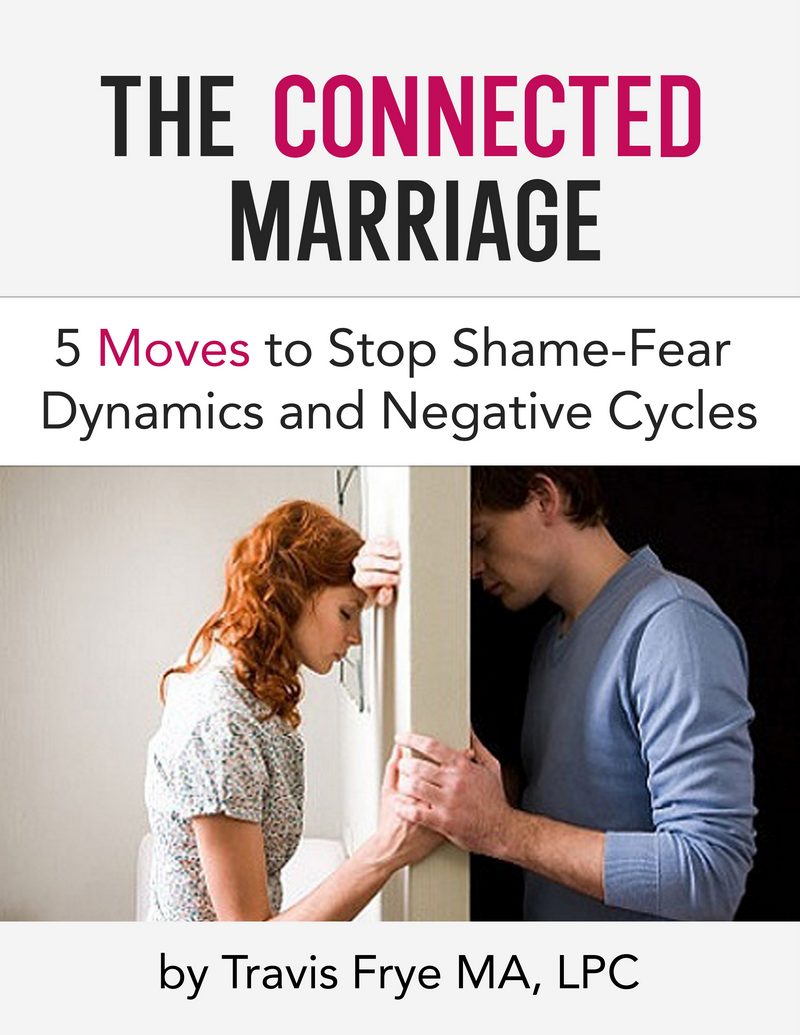If you feel like your partner just isn’t hearing what you’re saying, you’re not alone. Over time, many couples will experience this feeling of disconnection.
But it’s not merely standard, common miscommunication. Instead, it’s a more in-depth communication issue that leaves you feeling like your partner doesn’t care about what you’re saying.
You may feel like no matter what you say; you can’t get through to your partner. Perhaps, you feel dismissed, disrespected, and made to feel like your needs aren’t as important as your partner’s.
Fortunately, there are steps you can take to find your voice.
1. Observe Your Relationship Patterns
As with any problem you might face, it’s helpful to take a step back. Observe what happens when you don’t feel heard.
Is there a particular problem that you bring up again and again that your partner dismisses? Is it a long-standing issue, and now you’ve come to a standstill? Are there any significant changes or stressors in your shared lives that could be wearing on your relationship?
Perhaps you’ve noticed other changes in your partner or yourself. Take your eye off the ball and see the game by looking at the bigger picture and looking for larger patterns. This strategy will help you as you move forward in finding your voice.
2. Learn to Use “I” Statements
Yes, this is standard advice. But there’s a reason for it. Using “you” statements can make your partner feel attacked and blamed.
Instead of saying, “You always tune me out when we discuss finances,” try saying, “I feel like I’m ignored when we talk about money.”
You can’t change the other person, but you can share your thoughts, feelings and needs in a non threatening and vulnerable way.
3. Educate Yourself
After doing some self-observation as described above, you may want to educate yourself on healthy relationships. In imbalanced relationships, it’s common for one partner to feel less important. Their needs are pushed aside in support of what the other partner needs, in an unhealthy manner.
While there’s always a natural give and take in relationships, it shouldn’t be the same person who’s always playing second fiddle. Chances are, it’s not all in your head.
Being open to seeing other unhealthy characteristics in your relationship and partner can be part of finding your voice.
A great resource for understanding relationship dynamics and how to navigate through them is Sue Johnson’s book, “Hold Me Tight.” Read it even if your partner refuses to.
4. Take Care of Yourself
If your partner continues to engage in defensive behaviors such as stonewalling, defensiveness, criticism, or contempt (click here for John Gottman’s 4 Horseman) and refuses to own their role in the relationship problems it is okay to seek out help for yourself. One option to consider is Couples Counseling For One where you work with a couple’s therapist to better yourself and to explore your relationship dynamics.
If your partner doesn’t listen to you, even if it’s not about a significant issue, you still need emotional support. If it’s helpful, find trustworthy friends with whom to discuss your feelings. You need to find someone who will take you seriously and tell you that it’s not just in your head.
5. Stand Up for Yourself
Taking care of yourself also means standing up for yourself. This can be scary. But if you’ve repeatedly brought up relationship problems that your partner ignores, you need to find a way to make yourself clear.
Standing up for yourself often involves setting boundaries. If you do struggle with having your voice heard other unhealthy relationship problems, setting boundaries can be hard. Your partner might be taken aback when you set boundaries initially. But if your partner feels upset, it’s their problem, not yours. That said, the idea isn’t to punish your partner or get back at them. The idea is to have your voice heard!
Setting a limit can mean many different things. For example, if your partner won’t stand up for you in front of their parents, setting a boundary could mean refusing to go to their house or allowing them in yours. Boundaries are effective ways to let the other person know you mean business.
Begin Working With A Couples Therapist to Find Your Voice in Phoenix, Scottsdale, and online in Arizona
If you try these steps or others and still feel like you’re not being heard, I encourage you to reach out to a couples therapist or marriage therapist at one of our locations in the Valley. You are not alone, even if you feel like you are. Our therapists have much experience working with couples. We’re here for you. We also understand that the decision to seek relationship therapy can be intimidating, which is why we offer a complementary 20-minute phone consultation. This gives you the opportunity to understand how we can help you and your partner specifically, in your unique situation. Our team of caring therapists understands that the decision to start couples therapy can be challenging. This is why we are happy to offer a complimentary 20-minute phone consultation. Our locations for counseling are located throughout the valley with counseling centers located in Phoenix, Anthem, Scottsdale and online anywhere in Arizona. You can start your therapy journey with Crossroads Counseling by following these simple steps:
- Contact Crossroads Counseling for a complimentary 20-minute phone consult
- Meet with a couples therapist
- Start coping with your anxiety symptoms
Feel free to learn more about our practice by visiting our about page, FAQ, and blog, or read more about our staff members to start finding your best therapeutic fit! or, call us at 623-680-3486, text 623-688-5115, or email info@crossroadsfcc.com for more information!






